We review the "winners" and "losers" from a dramatic month of sport.
Winner: Rising tide of social conscience among our sports stars
Whether it was David Pocock’s arrest while protesting at a coal mine, or the sight of US teams making pre-game statements in relation to the police brutality-related deaths of Michael Brown and Eric Garner, the rising tide of social conscience among our sports stars is unmistakable. For all the laments about how brand-conscious modern athletes have become, always at pains not to offend a potential market segment, recent examples have shown a potential willingness to engage with social issues in ways not seen since more militant times. So often rapped for bearing Gen-Y’s less-flattering attributes, the present class of sportsmen and women shares that generation’s instinct to coalesce around common causes, even if they’re far-flung. They intuitively understand they have the power, and indeed the obligation, to take a proper stand. But as the Pocock situation showed, in which he received warnings from the Australian Rugby Union and the Brumbies, sports administrations will not take kindly to activism. There’s a danger here for sports everywhere – all the songs-and-dances about charity and anti-discrimination that leagues and organisations are involved in sound particularly hollow if they won’t even allow their players their own point of view. The ARU reminded Pocock of his “priority” as “a high-performance athlete” – if that’s antithetical to being a good citizen, then that’s an indictment of what the modern athlete has become.
Loser: FIFA (yep, again)
The stench of corruption that has haunted the halls of FIFA for decades is now mixed with the toxic taint of unbelievable arrogance. The recent resignation of FIFA’s independent ethics investigator, Michael Garcia (pictured right), is a reminder of the scale of the problem. We’ve been here before in these pages, but here’s a quick recap. FIFA employs Garcia to investigate allegations of corruption in the bidding for the 2018 and 2022 World Cups, awarded to Russia and Qatar respectively. Garcia produces a 400-page report and hands it to his ethics committee colleague, German judge Hans-Joachim Eckert. Eckert produces a finding from the report absolving FIFA and the bidding cities from any wrongdoing – effectively whitewashing the years of work Garcia put into his report. Garcia protests that Eckert’s finding “contains numerous materially incomplete and erroneous representations”. His protest is dismissed – and no further correspondence will be entered into. Garcia resigns in protest. What more needs to be said about the need for exploding the halls of FIFA and starting again?
Loser: Cuts to ABC coverage of the WNBL and W-League
This month usually marks the peak period for the nation’s consumption of televised women’s sport, as the ladies of the Australian Open tennis grab their share of the spotlight. It plays out against a landscape for women’s sport that is far more sobering, particularly after the cuts to ABC coverage of the WNBL and W-League. While the national broadcaster faces a wider array of problems, the fact that women’s sport was seen as an obvious target – the sacrificial lamb, as basketball star Lauren Jackson described it – is very concerning. The disparity in media and sponsor attention from men’s to women’s sport is an established fact; the loss of another free-to-air outlet for female athletes will only deepen the divide. This issue invites arguments that have become utterly rote: men’s sports are watched because they’re the highest-level, despite the fact we watch plenty of sub-elite guys playing games; women’s sports need to earn their way in the marketplace, although it seems potential opportunities for the likes of cricket’s Southern Stars or soccer’s Matildas are often curiously overlooked. Our female athletes, whom we take copious pride in for their achievements when they win for Australia, shouldn’t be guaranteed the riches that sports stars make these days. But they do deserve to be seen.
Loser: Plans for four-quarter NRL matches
It’s a healthy sign when a league continually looks at its game, thinking of ways to repair problems or pre-empt possible ones. What’s troubling is when the motivation is suspect, which is why four-quarter NRL matches and several other possible changes to the rugby league “product” raise some concerns. Make no mistake (and almost nobody has ), the driver here is making a game even better-suited to the dictates of television, with an eye already ahead to what windfall the NRL can secure in its next media rights deal. Sage voices within the sport have pointed out for a while that the dynamic of the 13-man code has frayed, tilting ever more toward size and power, and away from endurance and footballing skill. A rugby league that sprawls over a three-hour programming window, with ample ad breaks, will do nothing to help restore that balance. Some of the potential changes floating around might turn out to be pretty good for the game, but do people believe they’re being made for that reason?
Winner: IOC reforms
The recent set of International Olympic Committee reforms might have been pushed through out of necessity rather than noble intentions, but the changes are a move in the right direction for the Games. Amid the desultory selection process for the 2022 Winter Olympics, which has seen four candidate cities withdraw from consideration, the IOC had to realise that its old model for choosing where to bring the five-ring circus was no longer viable. The centrepiece of the reforms, personally backed by IOC president Thomas Bach, will allow potential hosts to stage events across regions or even in a second country, breaking from the Olympics’ traditional single-city mode. With additional reforms (a cap of 10,500 competitors for the Summer Games, a more flexible system for changing events on the program that removes the limit on the number of sports, and more cost-sharing from the IOC) the process of bidding for and then holding the Olympics would hopefully become less of a financial burden. Perhaps swept up by the reformist mood, the IOC also made a change to Olympic charter, adding a non-discrimination clause in regard to sexual orientation. It remains to be seen whether Bach’s agenda will achieve its desired effect, but his words to his colleagues ring true: “If we do not drive these changes ourselves, others will drive us to them.”
Related Articles
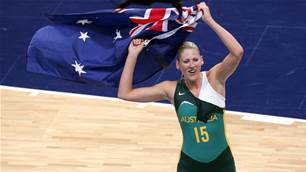
Opals legend Jackson to make incredible return to basketball
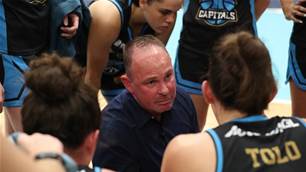
Shocking WNBL scandal: Opals coach banned, elsewhere Cambage drops-out
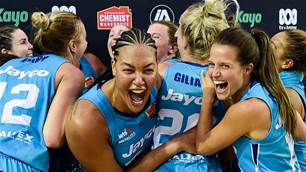
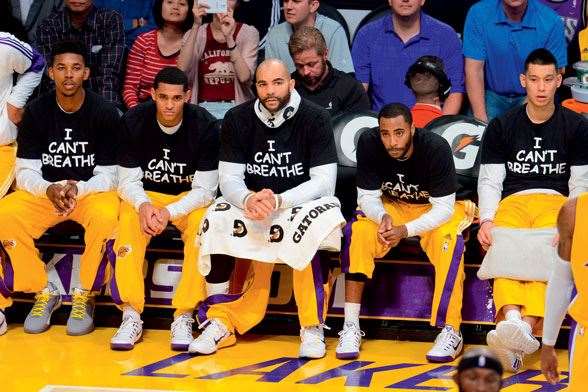
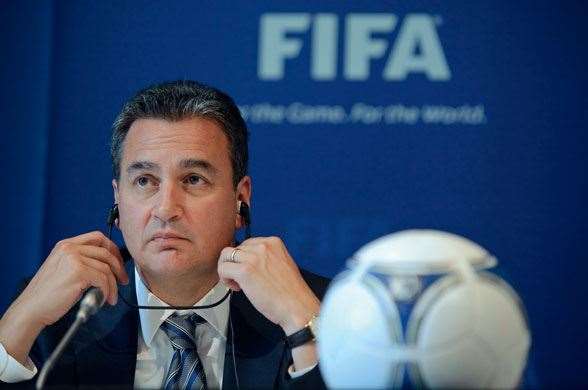
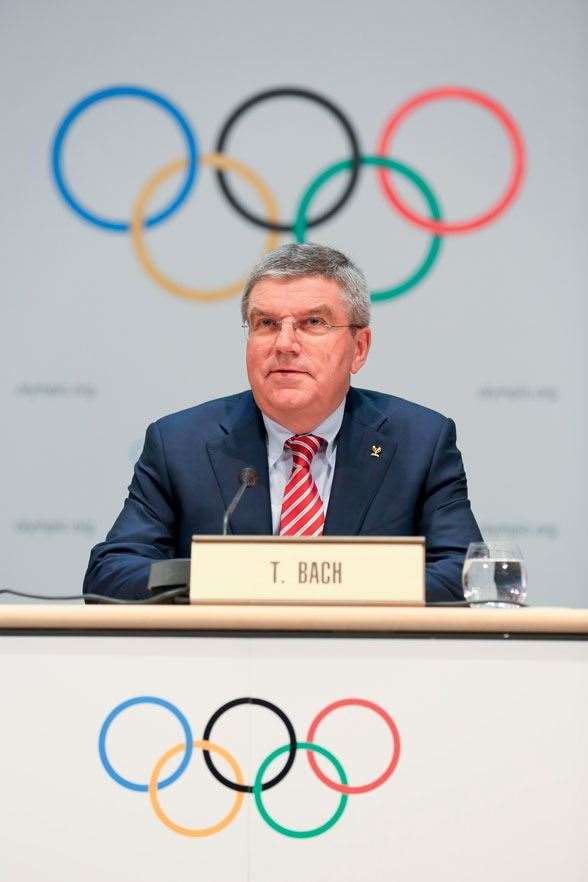
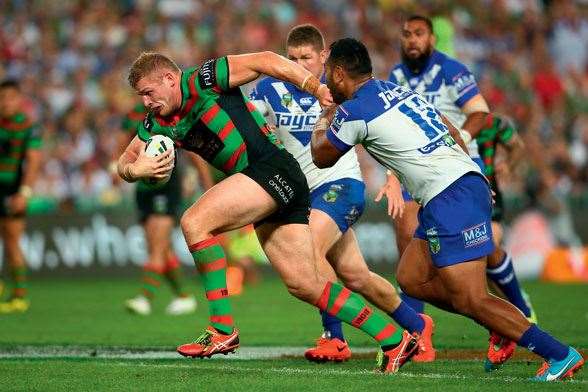
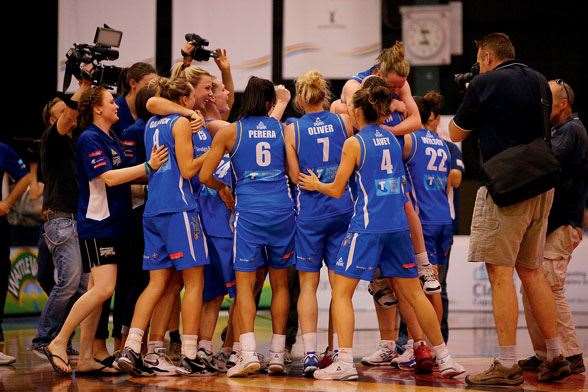
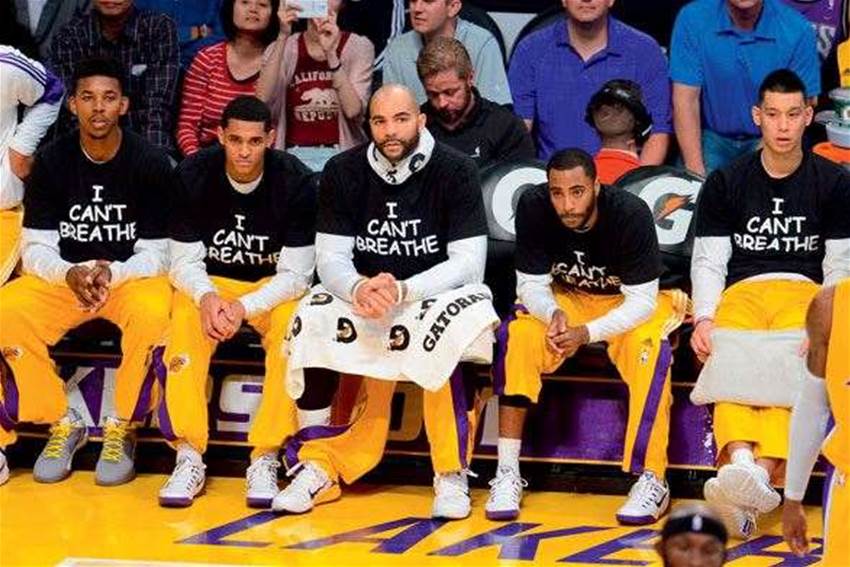

.png&h=115&w=225&c=1&s=1)









